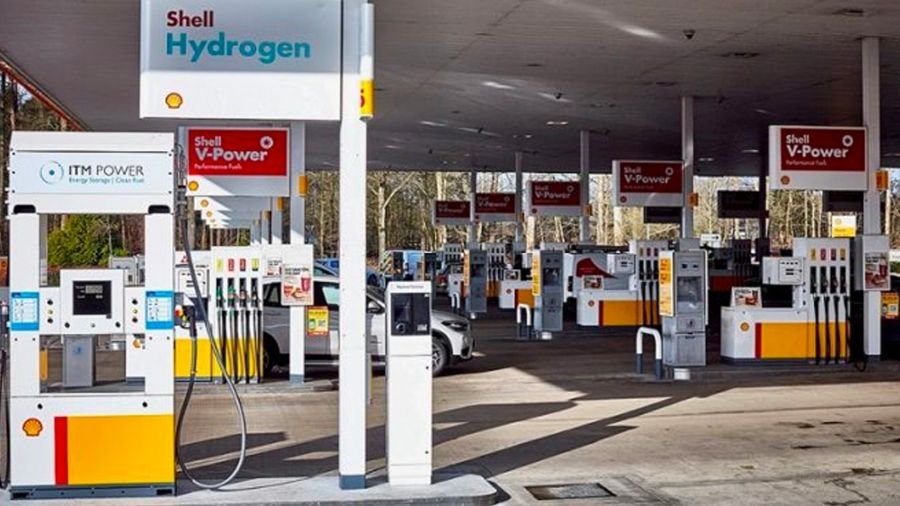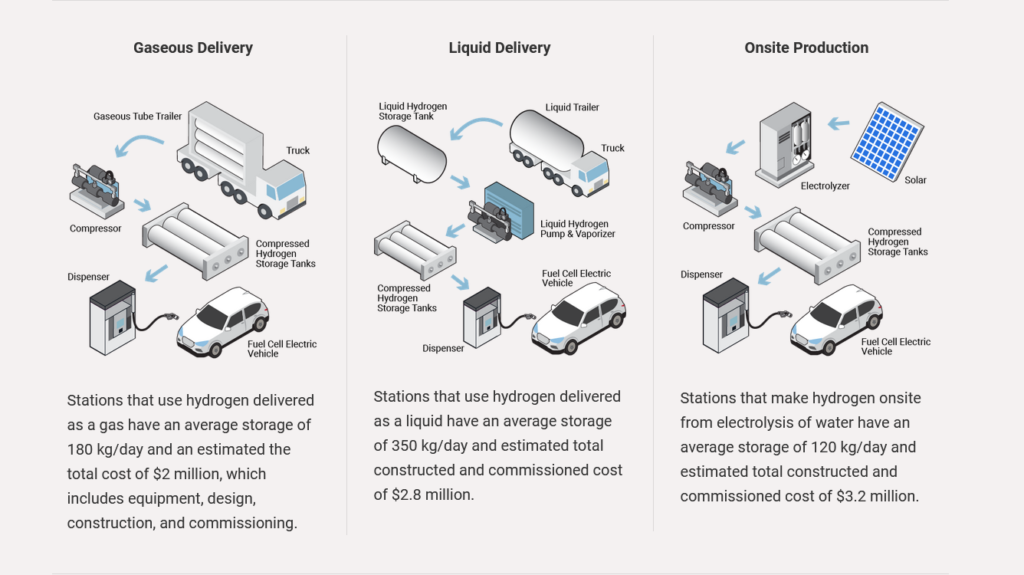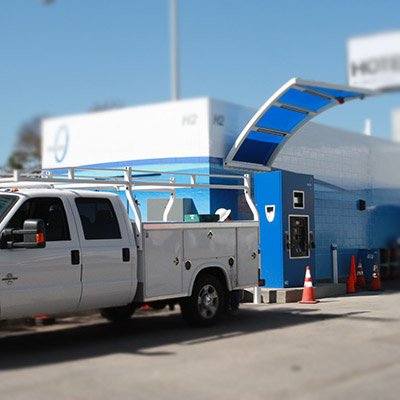Shell proclaimed the inauguration of its three hydrogen fueling stations with great pomp between 2017 and 2019, but they have all been discreetly shuttered this year. Shell stated that the choice to shut its H2 facilities at Gatwick Airport, Cobham, and Beaconsfield was made in collaboration with Motive, the facility’s operator.

The sites [at Cobham, Swindon and Gatwick] are not performing satisfactorily and the footprint available is too small to accommodate upgrade for larger vehicles and future technology which has led us to taking a decision to close the sites,” Motive said in a statement earlier this year. “We have invested over £2m (£2.23m) per year to sustain our small stations but have taken the decision that it is not sustainable to continue to make this investment.


According to the Hydrogen Fuel Cell Partnership, H2 filling stations cost at least $2 million to construct and are surely losing money in the UK due to the dearth of hydrogen-powered cars on the country’s roadways. Only two hydrogen-powered car models have been sold in the UK — the Toyota Mirai and the Hyundai Nexo — resulting in total sales of 209 and 275 units, respectively, according to the latest available figures.
But, according to Shell, the H2 pumps were shut down because “they were our first generation of prototype sites, and the technology on them had reached its end of life.” The focus for Shell in the UK is to see where there are opportunities to build multi-modal hubs for heavy-duty trucks, similar to a model they have built in California.
According to new Energy Transition Outlook 2022 report, DNV predicts that only 0.01% of the world’s cars would run on hydrogen in 2050.
This is because “fuel-cell electric vehicle (FCEV) propulsion is much less efficient, more complicated, and thus more costly than that of battery electric vehicles”, it says.
Reference- Hydrogen Insight, Shell UK, Futurism





